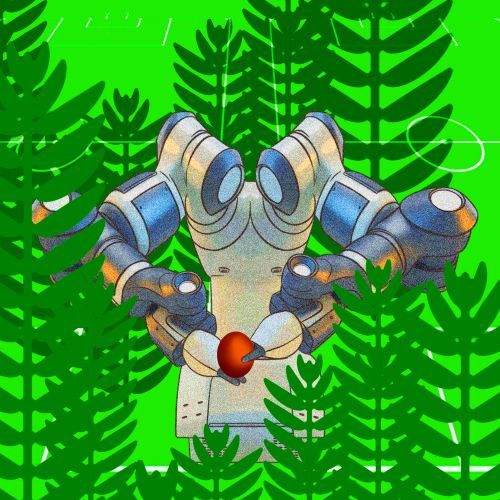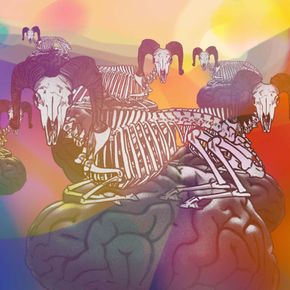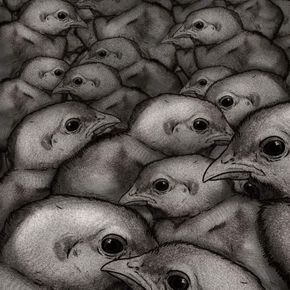Great Andamanese language and bird names in isiZulu
The language spoken by the Andamans, the indigenous inhabitants of the Indian Andaman archipelago, was unique among the world’s languages regarding anthropocentrism. Called Great Andamanese in English, this language used categories derived from the human body to describe abstract concepts such as spatial orientation and object relationships. For example, blood flowing from the feet or legs is othei; blood for internal bleeding is etei; and blood as a clot on the skin is ertei. Such an essential part of speech as the noun changed form depending on the location. Even in the mid-nineteenth century, Great Andamanese was spoken by about 5,000 people. Currently, only three people speak the language of the Great Andamanese family, and it is doomed to extinction.
The 10-year project of naming all 878 South African bird species in isiZulu highlights the culture and importance of indigenous communities there. “Language and culture encode and express our engagement with the world. In the case of isiZulu, words can carry both a deep knowledge of a place and a strong connection to ancestry and cultural identity”, says Karen Park, a linguist at the University of Cambridge. Therefore, the black cuckoo is undodosibona (“man who sees us”), the golden cuckoo is ubanwanyana, which means “the bird that sings “Little children do not marry!”, and the white-bellied cuckoo is umazalashiye, which means “the bird that lays eggs and then leaves them.” The project was developed with scientists from the University of KwaZulu-Natal and BirdLife South Africa.




























